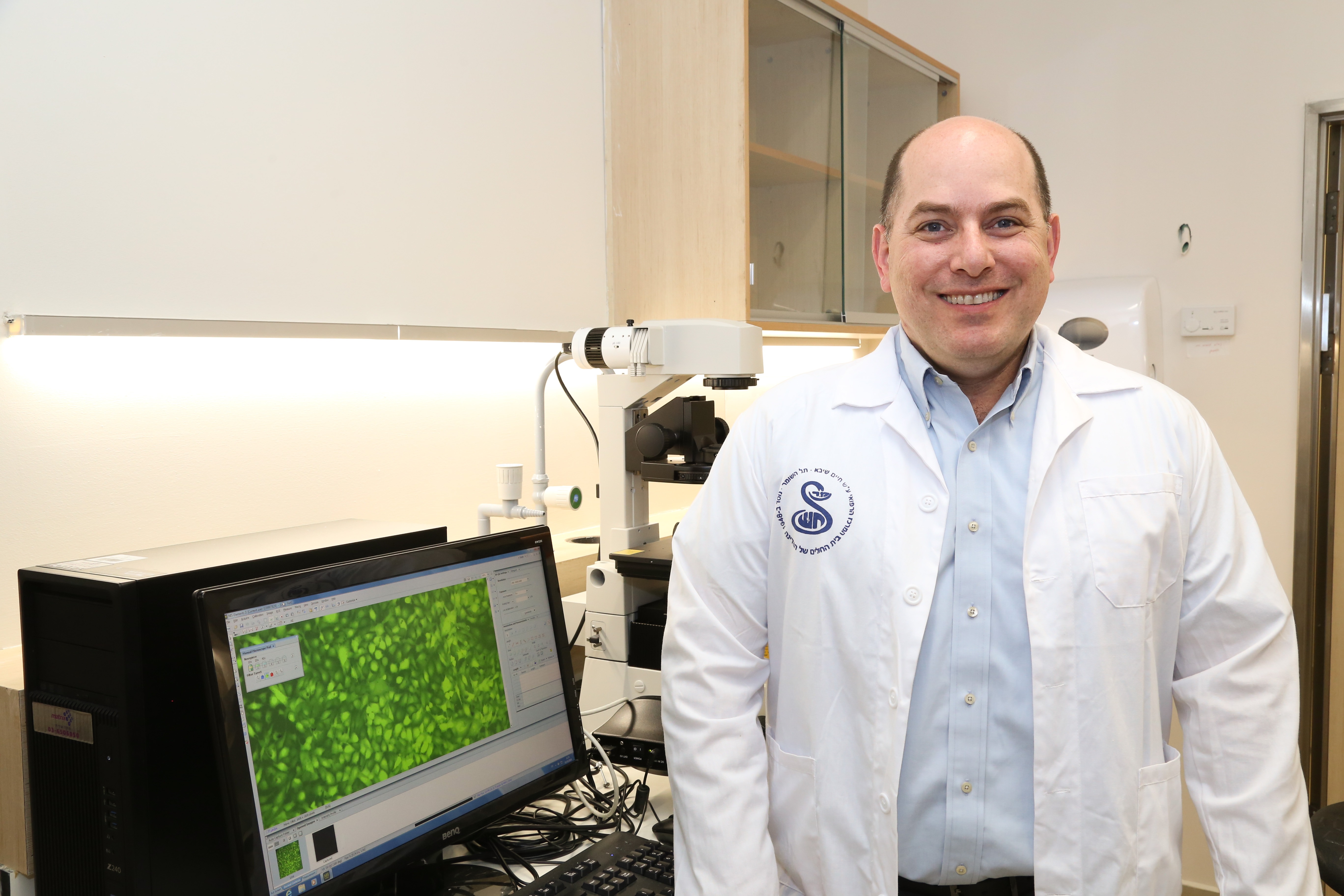Dr. Amir Tirosh Discovers Link Between Common Food Preservative & Diabetes

Groundbreaking research by Dr. Amir Tirosh, Dir. of Sheba's Institute of Endocrinology, which was recently published in the Science Translational Medical Journal showed a connection between a common food preservative called propionate, found in baked goods such as bread and an increased risk of obesity and diabetes. Dr. Tirosh's research was conducted in tandem with Harvard University's T.H. Chan School of Public Health, Brigham and Women’s Hospital in Boston, Massachusetts.
As diabetes is increasing in prevalence worldwide, its rising prominence has suggested that this is due largely to external factors, such as diet and environment.
In Dr. Tirosh's study, the researchers examined propionate, a food preservative that is used to extend the life of baked goods, such as bread or cake, by inhibiting the growth of mold. Researchers administered the preservative to mice and discovered that it set off a chain reaction that resulted in a hormonal surge, producing more glucose and ultimately hyperglycemia, which is a defining characteristic of diabetes.
When the researchers gave the mice an amount of propionate that equaled the amount used in a serving of food, the mice gained weight and developed an insulin resistance.
Dr. Tirosh revealed, "A key factor that warrants attention is the extensive use of chemicals in the processing, preservation, and packaging of foods. We are exposed to hundreds of these chemicals on a daily basis, and most have NEVER been tested for their long-term metabolic effects.”
Though propionate has been approved by the U.S. Food and Drug Administration, this study suggests that alternative methods for food preservation should be explored.








